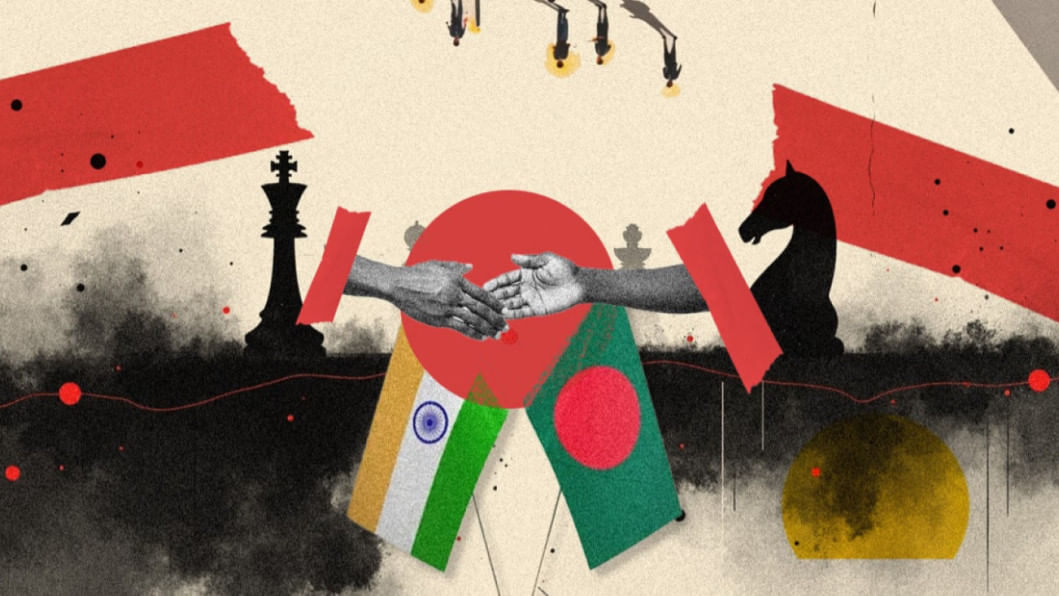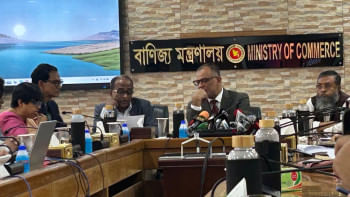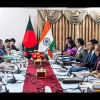India-Bangladesh trade hits further turbulence

The recent restrictions imposed by India on four categories of jute products from Bangladesh, limiting their entry to the Nhava Sheva Port in Mumbai rather than through land ports, are likely to deliver another blow to bilateral trade.
These curbs will disrupt existing transport channels, as more than 99 percent of Bangladeshi jute exports to India travel by land. The move will increase costs and create logistical hurdles for exporters in Bangladesh.
Although India may justify the decision on regulatory or quality control grounds, the abruptness and frequency of such measures raise questions about whether there is a strategic motive behind them.
Bangladesh has not been entirely free of similar practices. Since late 2024, it has restricted imports of Indian yarn. More recently, Dhaka has decided to close three land ports on the Indian border, citing poor infrastructure and low levels of trade.
It is particularly worrisome that both countries, traditionally close partners, are resorting to port restrictions and non-tariff barriers (NTBs) rather than engaging in transparent dialogue to resolve trade irritants.
These unilateral actions are not only detrimental to bilateral trade — which is heavily skewed in India's favour, with Bangladesh importing $12 billion worth of Indian goods and exporting around $2 billion to the Indian market — but also damage the prospects for greater regional economic integration in South Asia.
In a time of global trade uncertainty and rising geopolitical tensions, countries in the region should be moving toward extended cooperation, not regressive protectionism that can fragment existing supply chains and hinder industrial development.
What is urgently needed now is open, sustained dialogue between New Delhi and Dhaka, unconnected to short-term political calculations.
Trade should be seen as a channel for mutual economic resilience rather than a tool for exerting pressure. Both governments must prioritise structured negotiations, explore mechanisms for resolving NTB disputes, and create institutional platforms that facilitate private-sector engagement.
Political differences should not be allowed to eclipse the larger benefits of economic cooperation, especially when the future of regional stability and prosperity depends on it.
The writer is a professor of the Department of Economics of the University of Dhaka.

 For all latest news, follow The Daily Star's Google News channel.
For all latest news, follow The Daily Star's Google News channel. 








Comments